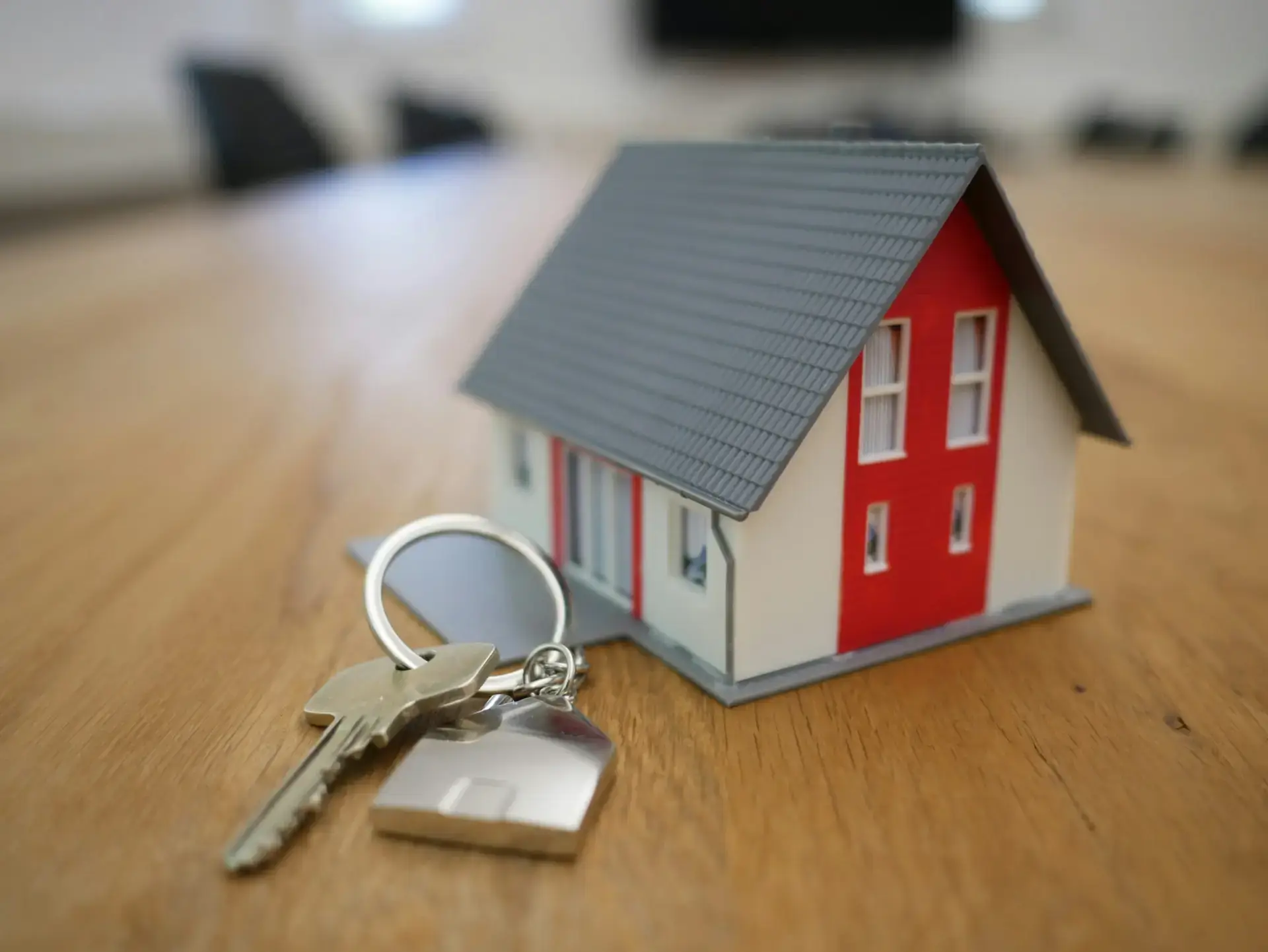The Difference Between Buying a Home for Personal and Investment Purposes
The dream of homeownership is deeply ingrained in many cultures. That perfect place, a haven tailored to your taste, can be incredibly fulfilling. But before you dive headfirst into the world of mortgages and open houses, it’s crucial to consider your motivations. Are you seeking a place to build a life, raise a family, and grow old surrounded by cherished memories? Or is your desire driven by the potential for financial gain? Understanding the key differences between buying a home for personal use and as an investment is vital for making a well-informed decision.
Building a Nest vs. Building a Portfolio
Personal Use: When buying a home for yourself, emotions often take center stage. You’ll prioritize factors like location (near family, schools, or workplaces), desired features (number of bedrooms, backyard space), and overall comfort. Long-term appreciation is important, but not the sole focus. You’re willing to make compromises on certain aspects, knowing it’s your sanctuary.
Investment: Here, logic reigns supreme. Location is still important but for factors like rental demand, proximity to transportation, and potential for future development. Functionality and broad appeal are key, attracting a wider range of tenants. The goal is to maximize rental income and property value for future resale.
Financing and Flexibility
Personal Use: You might be eligible for more favorable loan terms, such as lower interest rates on owner-occupied mortgages. However, you’ll likely need a larger down payment and may face stricter qualifying criteria.
Investment: Investor loans often come with higher interest rates and stricter requirements. The down payment might be lower, but you may need to have a strong financial portfolio and demonstrate experience managing rental properties.
Long-Term Vision
Personal Use: You plan to stay put for a significant period, potentially for years or even decades. Renovations and upgrades cater to your personal taste and long-term needs.
Investment: You might be willing to hold onto the property for several years, but your exit strategy is ever-present. Renovations prioritize adding value for future tenants or buyers, not necessarily your personal preferences.
The emotional factor
Personal Use: Owning your home fosters a sense of security and stability. You can personalize the space to reflect your unique style and create lasting memories.
Investment: While there might be a sense of satisfaction in a successful investment, the emotional connection is typically less pronounced. The property is primarily viewed as an asset to be managed and potentially flipped for profit.
Ultimately, the choice depends on your individual goals and circumstances. If you crave stability and a place to call your own, buying a home for personal use might be the ideal path. But if your primary focus is financial gain, then the investor route might be more suitable. Consulting with a financial advisor and a real estate agent specializing in personal or investment properties can be invaluable in guiding you toward the decision that best aligns with your aspirations. Remember, homeownership, in any form, is a significant commitment. By carefully considering your motivations and weighing the pros and cons of each approach, you’ll be well-equipped to embark on your real estate journey with confidence!




